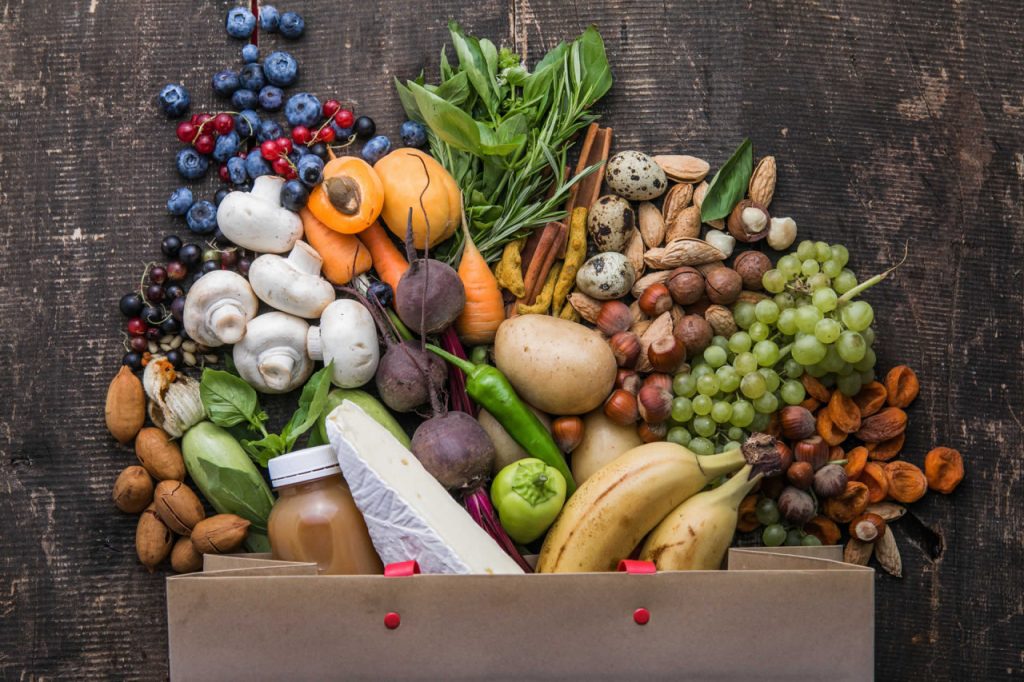World Food Day, celebrated annually on October 16, is a global observance dedicated to raising awareness of hunger and food insecurity worldwide. This year, the theme “Sustainable Food Systems for a Zero Hunger World” is particularly poignant, urging us to reevaluate and prioritise sustainable practices that can ensure food security for generations to come.
The COVID-19 pandemic has underscored the fragility of our global food systems, exposing vulnerabilities in supply chains and highlighting the interconnectedness of food security with other social and economic factors.
Climate change, too, is posing significant challenges to food production, with rising temperatures, extreme weather events, and water scarcity affecting agricultural yields.

Faced with these pressing challenges, we must adopt sustainable food practices that address hunger and environmental concerns. This includes promoting sustainable agriculture, reducing food waste, and ensuring equitable access to food for all.
Sustainable agriculture involves practices that protect the environment, conserve natural resources, and enhance biodiversity. We can improve soil health, reduce reliance on harmful chemicals, and increase agricultural resilience by adopting techniques such as agroforestry, organic farming, and precision agriculture.
Reducing food waste is another critical aspect of building sustainable food systems. Many global foods are lost or wasted due to inefficient harvesting, transportation, and storage. By minimising food waste at all supply chain stages, we can conserve resources, reduce greenhouse gas emissions, and ensure that more food reaches those in need.
Finally, ensuring equitable access to food is essential for achieving a zero-hunger world. This requires addressing issues such as poverty, inequality, and discrimination, which can limit people’s ability to obtain nutritious food.

Promoting social justice and investing in food security programs can create a more inclusive and equitable food system that leaves no one behind.
In conclusion, World Food Day 2024 reminds us of the urgent need to build sustainable food systems that can address the challenges of hunger, food insecurity, and environmental degradation.
By adopting sustainable practices, reducing food waste, and ensuring equitable access to food, we can create a more resilient, just, and sustainable world for all.

